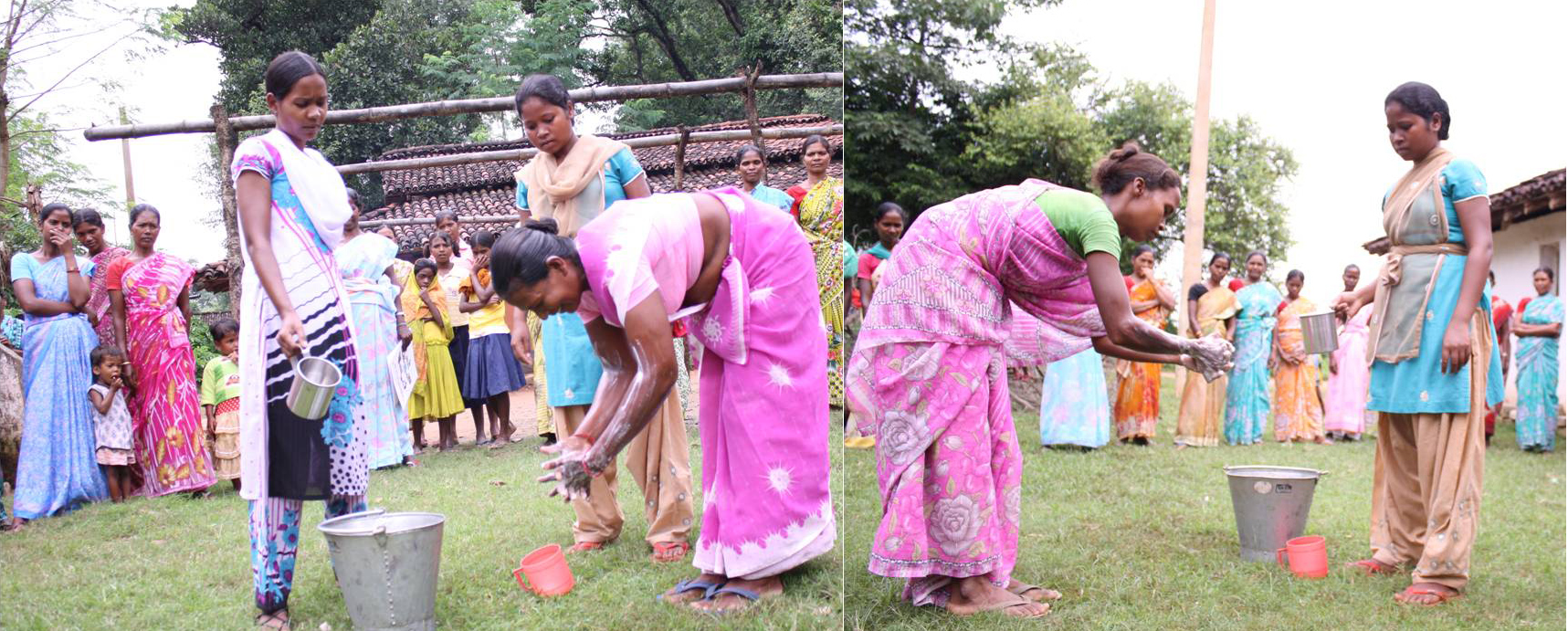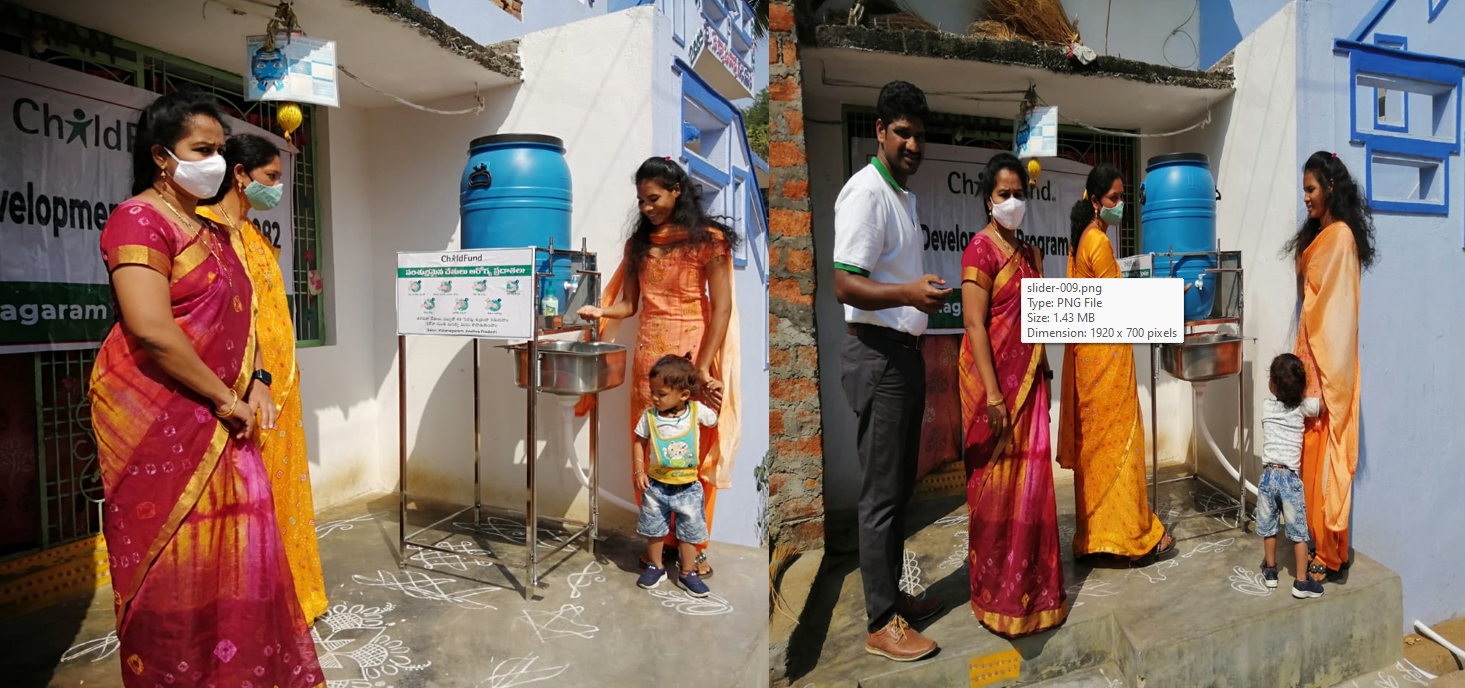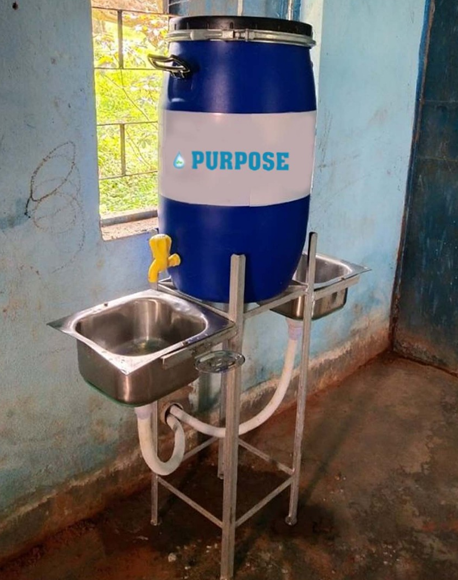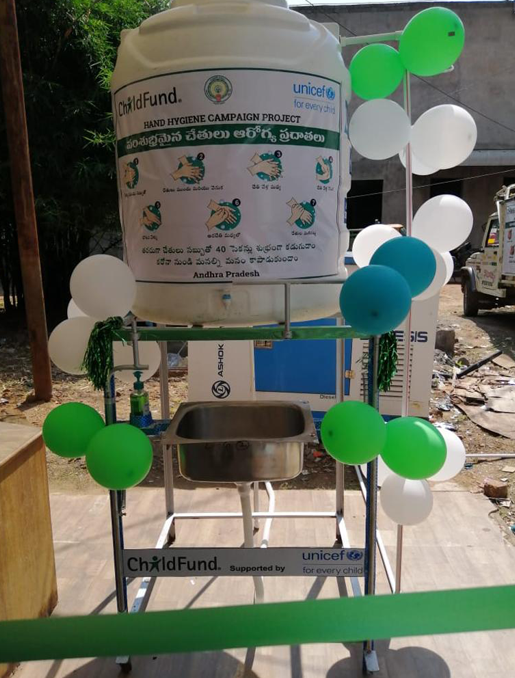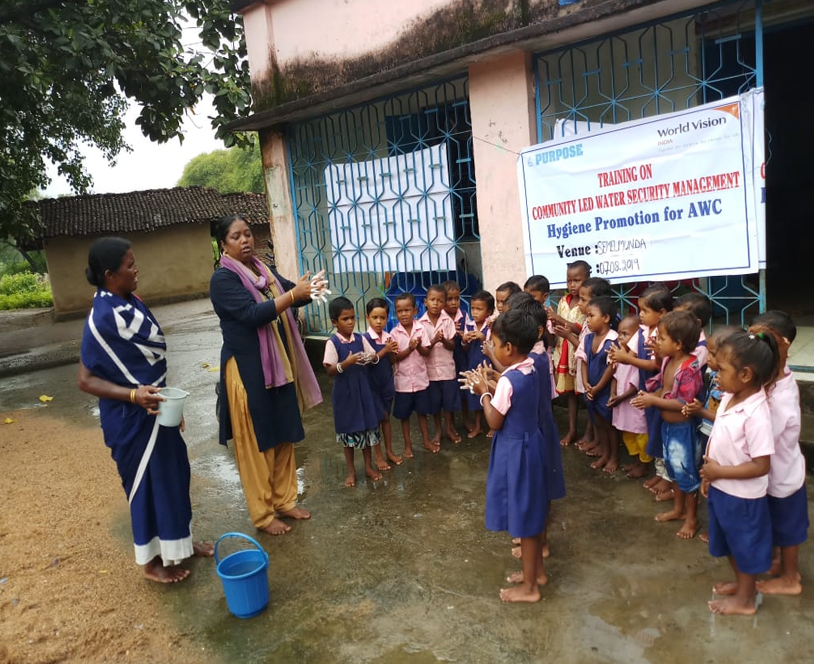Water quality management refers to a set of practices and strategies aimed at monitoring, maintaining, and improving the quality of water resources. It involves assessing and controlling various physical, chemical, and biological parameters in water bodies to ensure that the water is safe and suitable for various purposes, such as drinking, agriculture, industry, and ecosystem health. Here are the key components and approaches involved in water quality management: Water Quality Monitoring: Regular monitoring of water bodies, such as rivers, lakes, reservoirs, groundwater, and coastal areas, is essential to assess their current condition and identify any changes or pollution events. Water Quality Standards: Governments and regulatory authorities set water quality standards or guidelines to define acceptable levels of various pollutants and parameters in water for different uses, such as drinking water, recreation, and aquatic life protection. Pollution Source Identification: Identifying and assessing pollution sources, both point sources (such as industrial discharges and wastewater treatment plants) and non-point sources (such as agricultural runoff and urban stormwater), is crucial in developing effective pollution control measures. Pollution Prevention and Control: Implementing measures to prevent pollution and control the discharge of contaminants into water bodies is a fundamental aspect of water quality management. This can include best management practices, pollution control regulations, and enforcement actions. Wastewater Treatment: Proper treatment of domestic, industrial, and agricultural wastewater before discharge into water bodies is essential to reduce pollution and protect water quality. Stormwater Management: Managing stormwater runoff in urban areas helps reduce the influx of pollutants into water bodies and prevent erosion and sedimentation. Nutrient Management: Managing nutrient inputs, such as nitrogen and phosphorus from agricultural runoff and wastewater, is crucial to prevent excessive nutrient enrichment (eutrophication) in water bodies, which can lead to harmful algal blooms. Sediment Control: Controlling soil erosion and sediment runoff is important to prevent sedimentation in water bodies, which can negatively impact aquatic habitats and water quality. Water Treatment: For water used for drinking and industrial purposes, appropriate water treatment processes are implemented to remove contaminants and ensure water quality compliance. Public Awareness and Education: Raising public awareness about the importance of water quality and promoting water conservation and responsible water use are essential for sustainable water management. Collaboration and Partnerships: Water quality management often involves collaboration among various stakeholders, including government agencies, communities, industries, NGOs, and scientific institutions. Adaptive Management: Continuous evaluation, feedback, and adjustments to management strategies based on monitoring results and changing conditions are key components of adaptive water quality management. Effective water quality management is critical for protecting public health, supporting sustainable development, preserving aquatic ecosystems, and ensuring a reliable and safe water supply. It requires a multi-faceted approach, involving scientific research, policy development, community engagement, and the implementation of appropriate technologies and practices.
